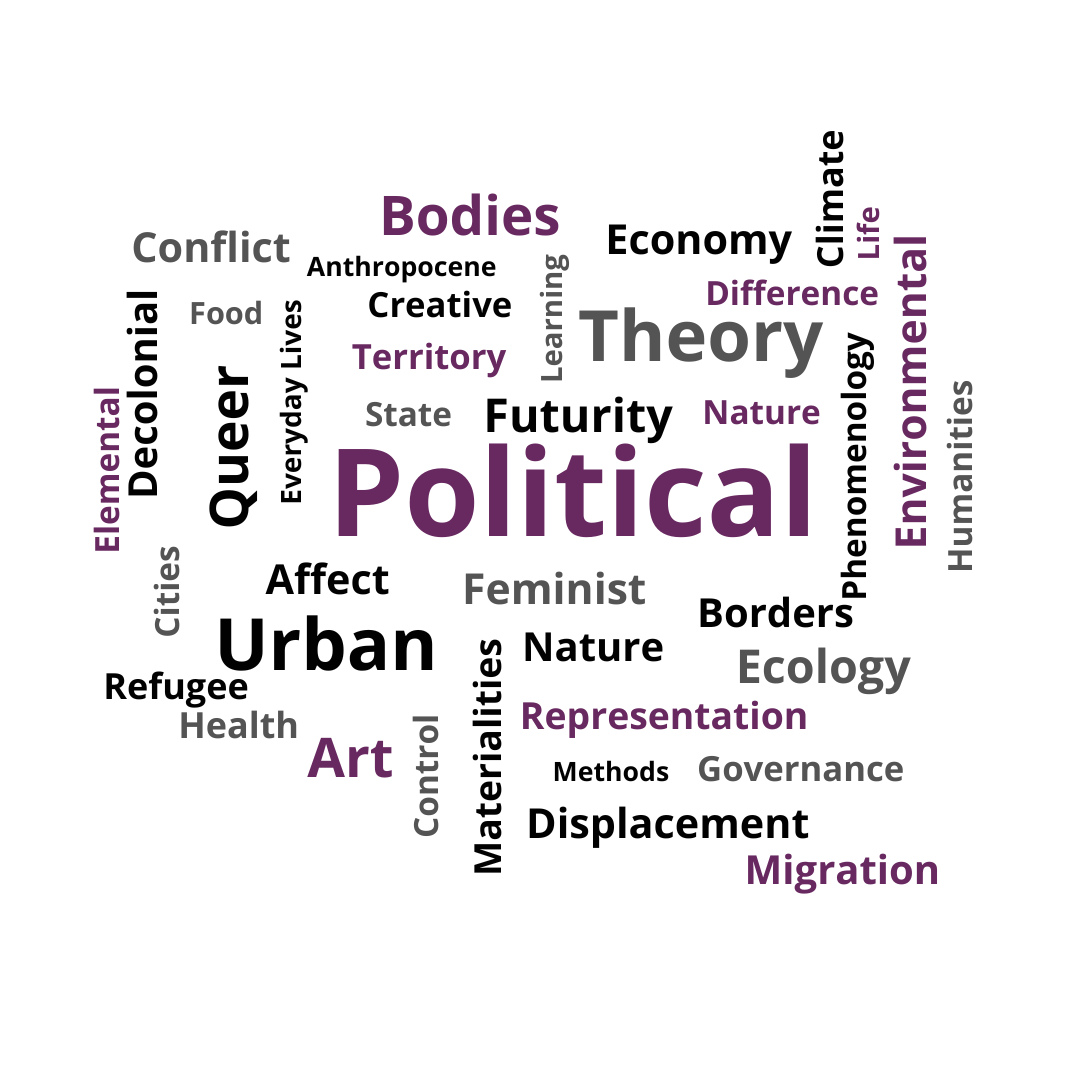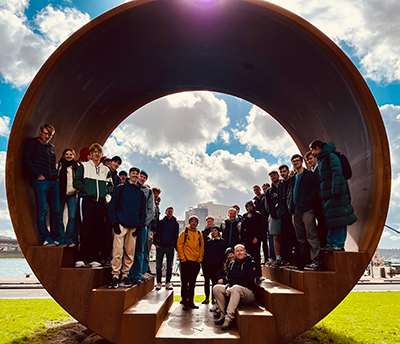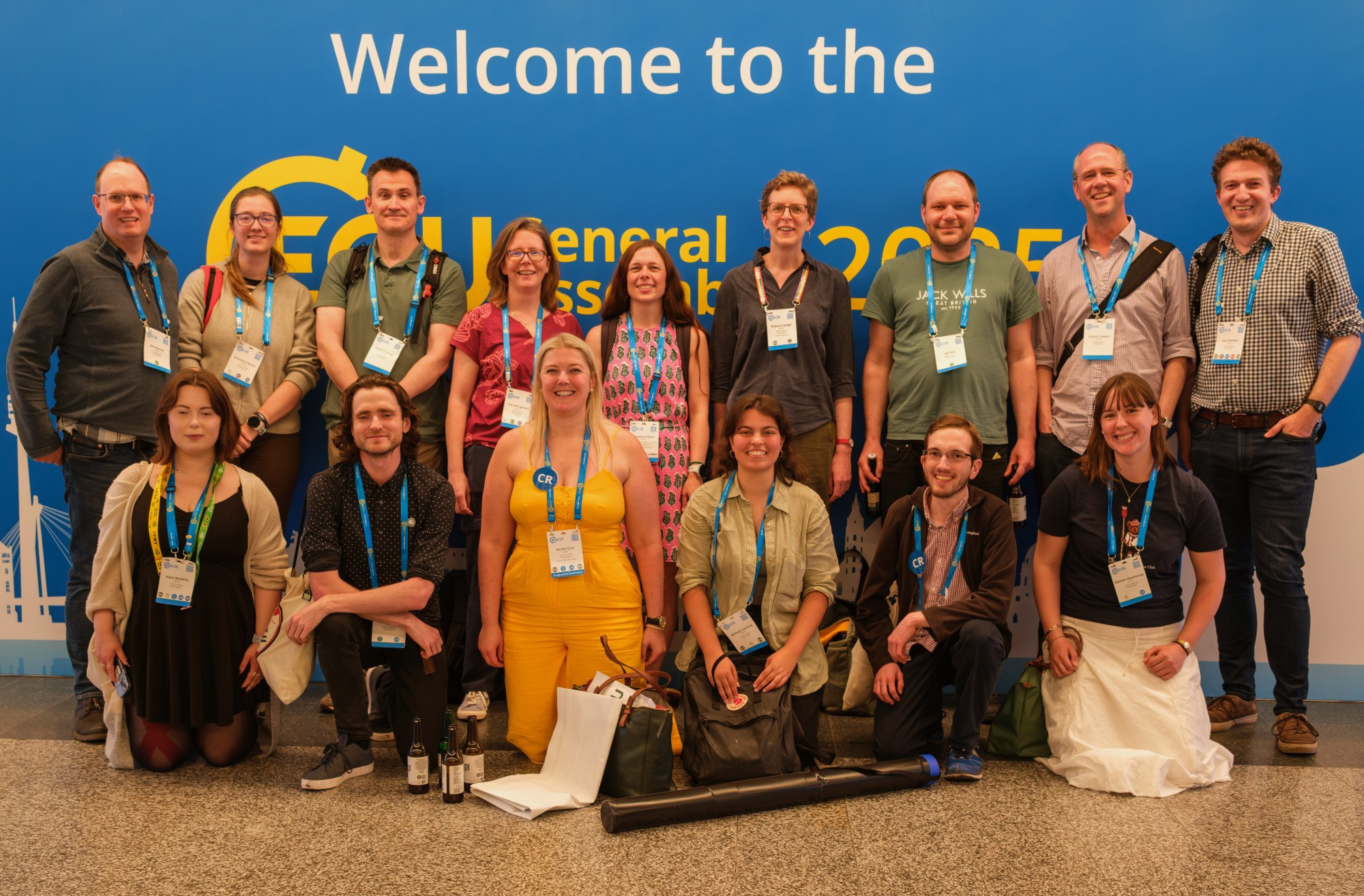Geographies of Life and Living
The boundaries of life and non-life, and human and non-human life, are at stake across a range of contemporary scientific, social, economic and political transformations. Examples include responses to the Anthropocene and new ways of governing through nature, how to live with difference in the midst of the eruption of new racisms and gender inequalities, debates about how to foster wellbeing and reduce vulnerabilities, and transformations in medical and healthcare techniques and practices.
The Geographies of Life research cluster works across the breadth of these concerns, examining and theorising how substantive geographies of life, living and liveliness are produced and experienced in ways that create hierarchies and inequalities, harms and potentials. Research moves between the intimacies and endurances of embodied life and the abstractions of in/trans/post-human processes.
The cluster explores the spatial and temporal contexts (archaeologies, geologies, histories) of life in ways that go beyond a liberal 'humanistic' account of Life as singular and universal. Here the signifier 'life' connects together expertise of current and newly-arriving academic staff, researchers and postgraduates. We invite current research, teaching and academic staff, postgraduates, and colleagues elsewhere to propose ideas for collaboration, workshops, and symposia. Our research themes include:
- Production and experience of life (and death) in the Anthropocene
- Life and the geographies of wellbeing
- Life, living and the contemporary politics of difference
- Materialities, digitalities and life
- Researching, understanding and presenting the geographies and histories of life and living
For further details, please contact: Dr Marijn Nieuwenhuis or Dr Rachel Colls
PGR Co-convenor: Charlotte Lock

Cluster Members
| Name | Position | Research Interests |
|---|---|---|
| Professor Louise Amoore | Professor | Geopolitics; technology; geographies of machine learning; ethico-politics; borders, biometrics and bodies; political geography; philosophy of science |
| Professor Ben Anderson | Professor | Theories of affect and emotion; affective politics; neoliberalism and populism; events; futures; non-representational theories |
| Professor Sarah Atkinson | Professor | Geographies of health; Medical humanities; Community and collective wellbeing; Everyday spaces of health; Ageing and multimorbidity |
| Dr Andrew Baldwin | Associate Professor | Geographies of race and nature, political geography, migration/displacement, climate change, Anthropocene, political economy of adaptation |
| Dr Sage Brice | British Academy Postdoctoral Fellow | Gender and identity, multi-species landscapes, wetlands, Israel-Palestine, creative methods, art-geography, queer ecologies |
| Professor Gavin Bridge | Professor | extractive economies; energy transition; natural resources; geographies of energy; political ecologies of resource production and investment; political economy of fossil fuels; global production networks |
| Professor Harriet Bulkeley | Professor | Environmental governance; climate change; urban infrastructure; urban sustainability; nature and biodiversity; energy transitions; socio-technical systems; sustainable finance; urban political ecology; governmentality |
| Dr Rachel Colls | Associate Professor | Geographies of 'the body', feminist geographies, theorising difference and embodiment, intimacy, materiality, fatness |
| Dr Paul Harrison | Associate Professor | Phenomenology, deconstruction, life-death, non-representational theories, passivity, negativity |
| Dr Meghan Kelly | Assistant Professor | Feminist mapping, Critical GIS, cartography, feminist digital geographies, visual storytelling, design justice |
| Dr Jessica Lehman | Assistant Professor | Science and technology studies; environmental politics; oceans; resource geographies; feminist and queer theory; postcolonial and decolonial geographies; political ecology; climate change |
| Dr Noam Leshem | Associate Professor | Political geography; war & violent conflict; displacement; creative practice; political theory; testimony and witnessing; cultural history; settler colonial & decolonial geographies; |
| Dr Andrés Luque-Ayala | Associate Professor | Urban geography; infrastructure; computational cities; digital geographies; Latin America; postcolonial and decolonial theory; digital natures; anthropocene; |
| Dr Lauren Martin | Associate Professor | Political geography, carceral geographies, political economies of borders and migration control, datafication and digitalisation of mobility controls. |
| Professor Cheryl McEwan | Professor | Postcolonial and decolonial theory; cultural economy; sustainable consumption; political ecology; Anthropocene; South Africa; sub-Saharan Africa; art as social practice |
| Dr Leonie Newhouse | Assistant Professor | Displacement, refugees, and migration; humanitarianism and development; conflict, post-conflict and peace building; land; urban theory from the South; Sub-Saharan Africa (East Africa, the Horn, the Sahel) |
| Dr Marijn Nieuwenhuis | Assistant Professor | Elemental geographies; creative methods; Chinese geographies; poetics; arts; breathing; weathers; political geographies; phenomenologies |
| Professor Anna Secor | Professor | Difference; space; (geo)politics; psychotopologies; Iraqi refugee resettlement to the US; Turkey |
| Professor Philip Steinberg | Professor | Political geography; materialities; mobilities; political cultures, visualisations, and imaginaries; sovereignties; extra-state governance; law; borders; oceans; Arctic |
| Professor Helen F. Wilson | Associate Professor | Encounter; encounterable life; difference; cities; urban politics; multiculture; avian geographies; conflict management; postcolonial theory; environmental humanities |
Research Clusters
Our research clusters are focused on ideas. They act as centres of gravity for collective research activity and provide the foundational means through which we generate the diversity, vibrancy and innovation that underpins our research.
Impacting the World
Our research culture is set up to generate research that is both intellectually innovative and impactful, addressing the key global challenges of our time and providing wider public and societal benefit.
Virtual Library
Much of our research takes final form in high-impact articles or books. But a considerable amount of our activity takes place in other mediums.
Our Research Community
Our academic researchers and research staff are completing a wide range of research that is Impacting the World, including work that is relevant to the pursuit of the Sustainable Development Goals, and publishing literature that is changing our understanding of the world.
Contact Us
Founded in 1928, the Department of Geography at Durham University is one of the leading centres of geographical research and education in the world.
Department of Geography
Postgraduate Study
Durham University
Lower Mountjoy
South Road, Durham
DH1 3LE, UK
Tel: +44 (0)191 33418000


/prod01/prodbucket01/media/durham-university/departments-/geography/Matt_Couchmann-3872X1296.JPG)


-1.png)



